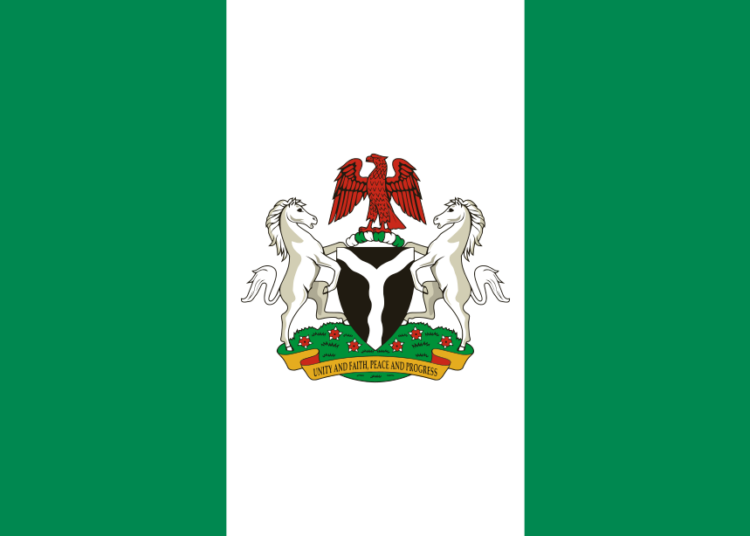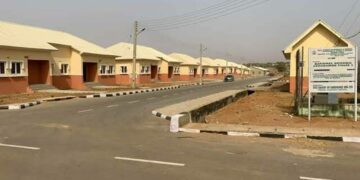Events in Africa as they affect Nigeria in relation to other nations within the continent are beginning to make it compelling and imperative for the country to redefine and reposition her foreign policy goals. It is becoming obvious that the “Africa as centrepiece of the Nigeria’s foreign policy” is anachronistic and, therefore, harmful to the nation’s best interest.
It is in realization of this that the late Mr Ojo Maduekwe, as Foreign Affairs minister, canvassed for a policy of reciprocity in the nation’s relations with other countries in the continent. Not much was achieved in that regard before he was eased out of office. We recall that under the old foreign policy framework, Nigeria made near fatal sacrifice carrying the burden of the fight against apartheid as a member of the frontline state though the country was, and still is, thousands of miles away from Southern Africa. What are Nigeria’s relations with the countries in that region? How do those countries treat Nigerians today?
Nigeria played an unparalleled role in building peace in Sudan and worked assiduously towards the Comprehensive Peace Agreement (CPA) which led to the independence of South Sudan in 2011. Under Economic Commission of West African States (ECOWAS), Nigeria wasted resources, human and material, in a mistaken claim of trying to help sister nations in distress. Was that sacrifice appreciated?
There is no doubt that the huge investment in resources Nigeria made to protect the peace and integrity of other countries has not been reciprocated. Some countries which benefited from the generosity of Nigeria have paid the nation back by humiliating her citizens. The xenophobic attacks in South Africa, the inappropriate taxes imposed on Nigerians by Ghana, the recent killing of Nigerian pilgrims in Burkina Faso and many others have brought nothing but regrets to Nigerian people.
When the first batch of 376 Nigerians fleeing the crisis in Sudan returned home, there were sad tales of harrowing experience in order to have a safe passage through the countries in that region. It is on that score that we demand that the authorities in Nigeria interrogate issues about her foreign policy and diplomacy. The harsh treatment meted out to Nigerians at the Egyptian border by officials who, inexplicably, demanded visas from people fleeing a flashpoint before allowing them entry was a disgusting departure from the norm in international affairs.
The incoming administration has a huge task ahead of it if it must transform the Nigerian foreign policy and diplomacy to protect Nigeria’s vital national interest and safeguard its citizens in any part of the world. While we appreciate the Afro-centric focus of the Nigerian foreign policy, the forces that dictate the circumstances of the modern time demand a more focused Nigeria-centred philosophy. It is pertinent, in our view, that the nation changes her strategy and rethink her foreign policy objectives and diplomatic initiatives.
But in our considered opinion, by far, the biggest focus of the new administration should be a proactive diplomacy to contain the fallout from the kind of chaos going on in Sudan and elsewhere. Already, there is an inflow of refugees fleeing the violent crisis in Sudan into neighbouring Chad. These people, some of whom are violent extremists, are reportedly heading towards Nigerian territory through the seemingly ungoverned northern borders. Experts in international relations have advised the Nigerian government on what must be done to ensure that illicit arms and undocumented individuals, especially dangerous insurgents, do not find their way into Nigeria. We advise the in-coming government to liaise with Chad and provide assistance to that fragile country to cope with the influx of the refugees in their territory and, if possible, form an active military unit to police Nigerian borders. We acknowledge the fact that Nigeria is a signatory to international conventions on refugees and may not turn back those who show up at her door steps. However, the security agencies should be up to the task of screening those who are coming into Nigeria to seek refuge from Sudan.
The views of Nigeria’s former Minister of External Affairs, Prof. Bolaji Akinyemi, about the need to address what he described as the “dysfunctional nature” of diplomacy, especially the evacuation exercise is noteworthy. We believe that apart from the Ministry of Foreign Affairs, the other unknown quantities in international relations such as the Ministry of Humanitarian Affairs and the Nigerians in Diaspora Commission really have no business in the process even as we call on the new administration to make the Ministry of Foreign Affairs the sole body responsible for such exercises when the need arise.
We argue, and justifiably so, that the responsibility for all activities outside the shores of Nigeria must necessarily be driven by the Ministry of Foreign Affairs. This is critical so as to avoid the kind of confusion Nigerians are experiencing in Egypt. The government of that country relates with the Nigerian Ambassador in their country. The presence of another minister from another ministry or a commission is meddlesome and creates the impression that Nigeria is not organised.











